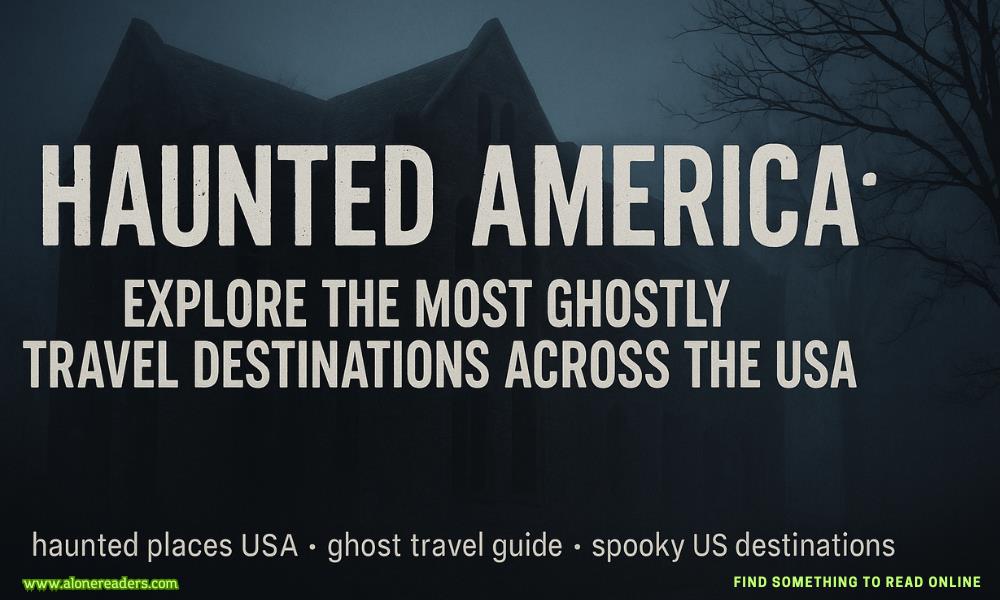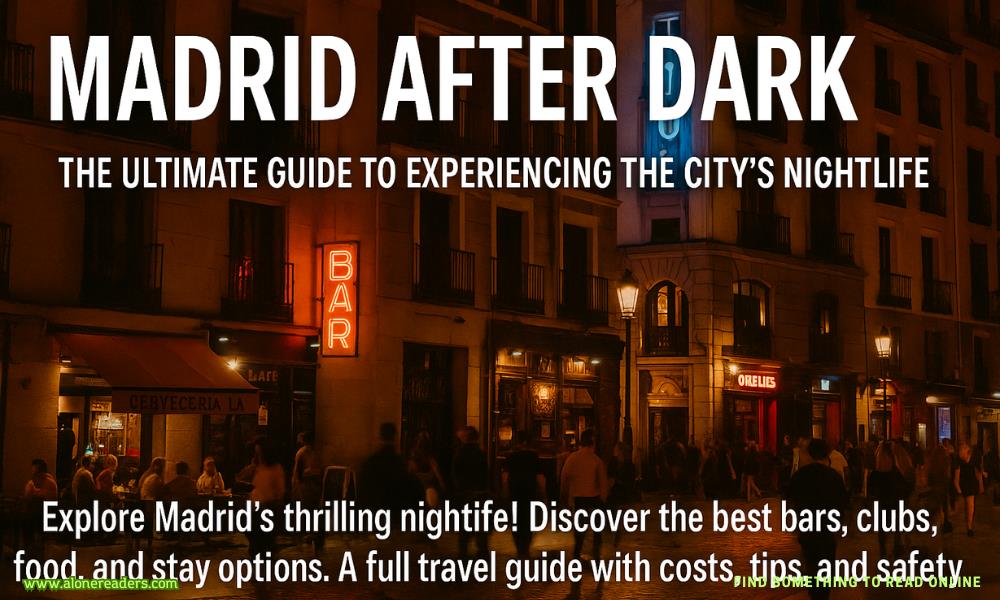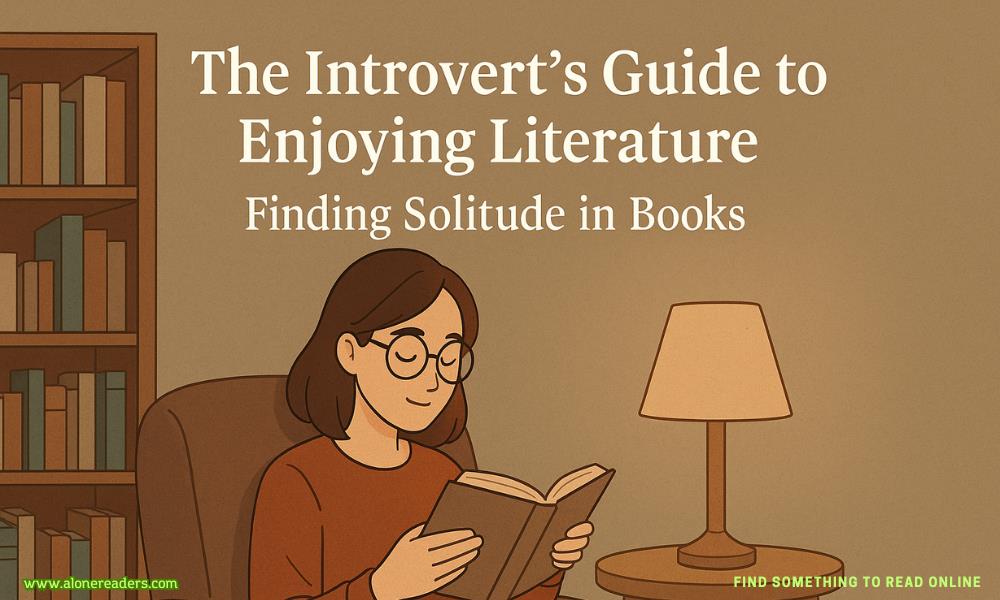Page 63 of Badlands
Skip worked his way out of the small room and Edison soon followed, joining him in the cool air of the plaza. “This place is incredible,” Edison said. “And what we’ve found is just the beginning.”
Incrediblewasn’t quite the word Skip would have chosen for this scene of violent death. Spooky was more like it. He felt a shiver of creepiness.
They explored side canyons until darkness forced them to return to their packs, where they set up camp. It was, Skip mused, a place of wonders, chock full of untouched ruins, but also unsettling. Edison seemed to have an uncanny knack for knowing exactly where to find them; it was almost as if he were channeling theancient Gallina Indians. Several times he’d vanished among the labyrinthine roomblocks—once for nearly a quarter of an hour. They had found several other skeletons, many with arrowheads or axe heads mingling with the bones, some with their skulls bashed in. Edison had kept a few things—arrowheads and several axes—arguing with Skip each time but leaving the truly important stuff behind. Skip remained uneasy, but said no more about it once they’d left the ruins. Edison was so thrilled by everything that there was little Skip could have said that would have stopped him anyway. And there was, he told himself, some truth to the idea that it was only a matter of time before looters discovered the canyon. In fact, he wondered why they hadn’t already. That was strange—very strange. When they got back out, he decided, he would definitely tell Nora about their discoveries. He’d been noting them on his GPS, dropping pins at every location, many of which had probably never been recorded before.
Even in July, when the sun went down a chill came into the air. They set up the tent and lit a cheerful fire for dinner. After a meal of steaks—Edison had brought down a couple of New York strips in a soft cooler pack—and a bottle of wine, out came the bottles of tequila. Edison cracked the seal of one, pulled the cork out with a pop, took a swig, then passed it to Skip, who took his own good swallow of the fiery liquor.
“Twenty-year reposado,” said Edison. “Five hundred bucks a bottle.”
“It’s amazingly smooth,” said Skip, taking another sip.
“Only the best,” said Edison. “Isn’t this place just incredible?”
Skip nodded.
“You could spend a month in here and not explore it all. Just imagine this canyon during its heyday! Those meadows along the river planted with irrigated fields, kids playing in the river,women cooking, men coming back from the hunt with deer slung over their shoulders… And then—” he paused dramatically—
“the invasion comes.” He took a long pull of tequila, eyes shining in the firelight. “They come in from both ends of the canyon, I’ll bet, in a pincer movement. Warriors are already secretly deployed along the canyon rims. The Gallina are trapped. They run screaming for their dwellings in the side canyons, mothers scooping up their kids. They pull up the ladders, man the arrow ports, and fight like hell. But it’s too late. The invaders are too many, the surprise too great.” Edison swept a dramatic hand over the dark cliff faces. “It wasn’t just a war. It was genocide. One by one, the Gallina’s cliff dwellings fall to the invaders and they’re massacred: men, women, children, skulls split, brains beaten in. The invaders are not there to steal, but exterminate. They don’t loot the dwellings. Oh no: they leave everything as is, the bodies left where they fell, to show the world what they did.”
At this, Edison rose and bowed extravagantly. “And that, ladies and gentlemen, is what happened.”
Skip applauded. He was feeling good, his earlier apprehension dispelled by liquor and a full belly.
“Bring out your uke,” Edison said, “and let’s make some music.”
“Sure thing.” Skip opened the lightweight traveling case, pulled it out.
“I thought you had a vintage Martin,” Edison said as Skip pulled out a small blue ukulele with a fretboard of dark wood.
“I do, but no way in hell am I gonna bring that out here. But this—” he patted the instrument proudly—“is a pretty sweet substitute. An Enya 25D, less than a hundred bucks, if you can believe it.”
“Really?”
“Yup. That way, I don’t mind the dings and dirt.”
Edison reached for his own pack and drew out his expensive replica bone flute. Then he paused, eyes drawn once again to the canyon walls. “You can tell,” he said, “by how carefully those cliff houses were hidden, and by their arrow ports and thick stone walls, that the Gallina must have been really, really afraid.” Edison’s words were beginning to slur together. “And with good reason! But here’s the question: Were the Gallina afraid because there were bad dudes out there… or because they,themselves, were the bad dudes?” He laughed and swigged, then handed the bottle to Skip.
Skip had had plenty, but he thought,What the hell?and took another good pull himself. He could feel his head starting to reel.
And now Edison leaned toward Skip, his face glowing with liquor. “My friend, I’ve got a confession to make,” he said in a confidential whisper.
“What is it?”
Without another word, Edison put the flute aside, reached for his daypack, and drew it toward him. He unzipped the top and felt inside, pulling out a large Ziploc bag with something inside wrapped in a paper towel. He drew it out. It was the obsidian axe.
Skip stared, a creeping feeling of alarm coming over him, dulled by alcohol but not extinguished.
“I was naughty,” Edison said, now taking another bag, and then another, out of his backpack. He opened them, then unwrapped and displayed the items within: the obsidian axe; a small but exquisitely painted effigy pot of a bird; a polished stone pipe; a child’s finely woven yucca sandal—and something Skip had not seen in the ruins that Edison must have picked up in secret: a pair of prasiolite lightning stones.
35
THE FIRE HADdied down to coals. The instruments had been played, with decreasing virtuosity as additional liquor was consumed, then put away. The empty bottle of tequila lay to one side, glinting in the reddish light from the coals. Skip looked at it—had they really consumed the whole thing? Jesus.
He looked over at Edison, stretched out beneath his rumpled sleeping bag, mouth open and drooling. Skip, drunk as he was, could not get to sleep. He felt nauseous and hoped he wouldn’t throw up as Edison had, stumbling out into the bushes to heave. He had staggered back into the firelight, slurred something incomprehensible, tried to crawl into his sleeping bag, gotten all tangled up, then passed out. Now he lay on his back, hands behind his head, listening to the night sounds.
It was getting cold. Skip was desperate for sleep, but every time he closed his eyes things began to whirl, his gorge began to rise, and he had to open his eyes again to hold back the nausea. Christ, he should’ve restrained himself—that tequila was wicked stuff.
What time was it? They had talked and talked—or rather,Edison had talked—for what seemed like hours. Skip had listened, his own thoughts lingering on the artifacts Edison had taken—taken in spite of all his warnings. And those lightning stones: Where the hell did those come from? Skip knew that such ceremonial objects were supposedly found only in kivas. Had Edison managed to find a kiva during one of those intervals when he’d vanished?
- Her Billionaire Boyfriend by Abigail Barnette
- Desperate Temptations by Lila Fox
- Vengeful Pawn by K.L. Donn
- Defending Love by Aleatha Romig
- Playing with Forever by Erika Wilde
- Changing Caleb by J.L. Leslie
- A Touch of Fate by Cora Reilly
- Safe and Sound by Jisa Dean
- That: Taylor & Brooks by C. Monet
- Shades of Scars by January Blue
- Bratva Boss's Secret Baby by Bella King
- My Bratva Dom by Imani Jay
- Cheating the Devil by Samantha Cole
- Luke by Lisa Lovell
- Flying Colors by C.J. Bishop
- Cole by C.J. Bishop







